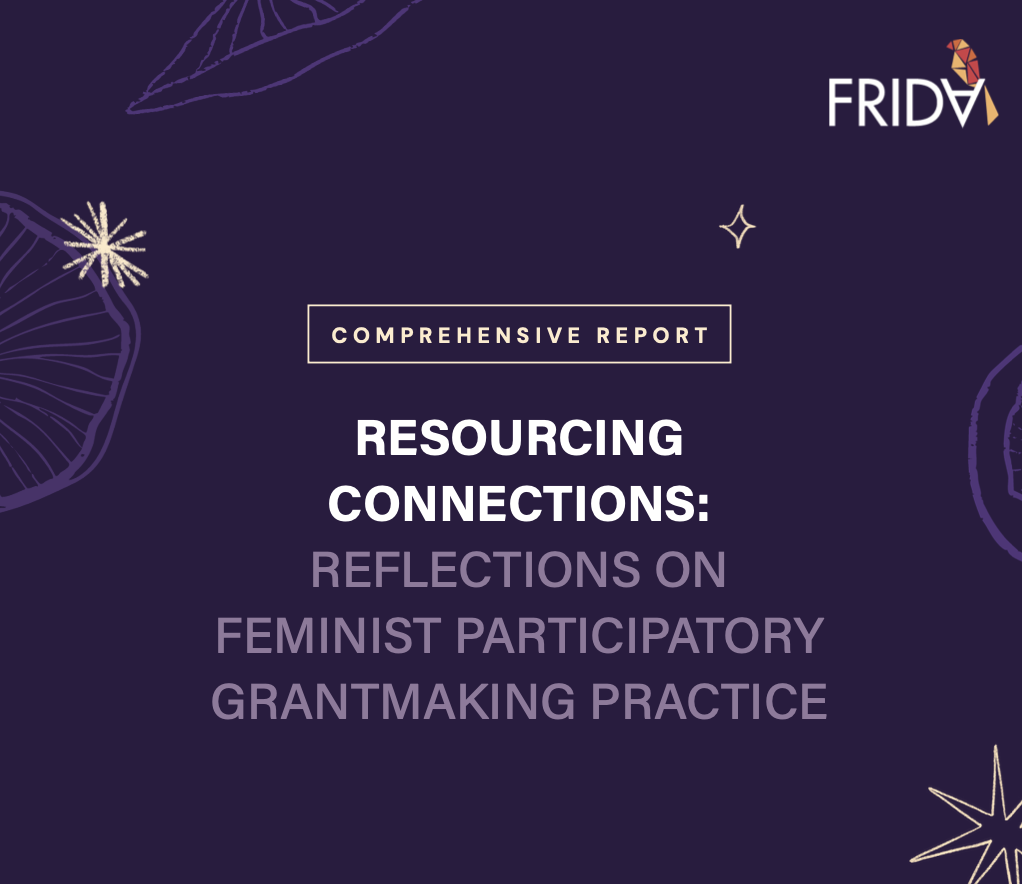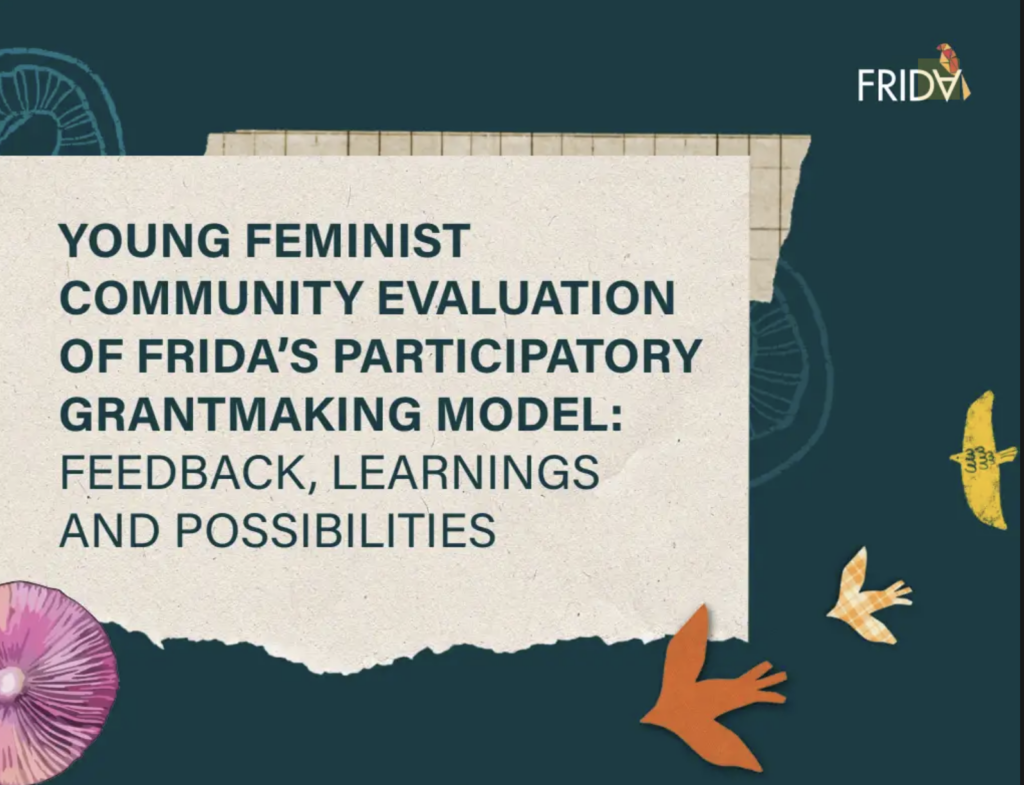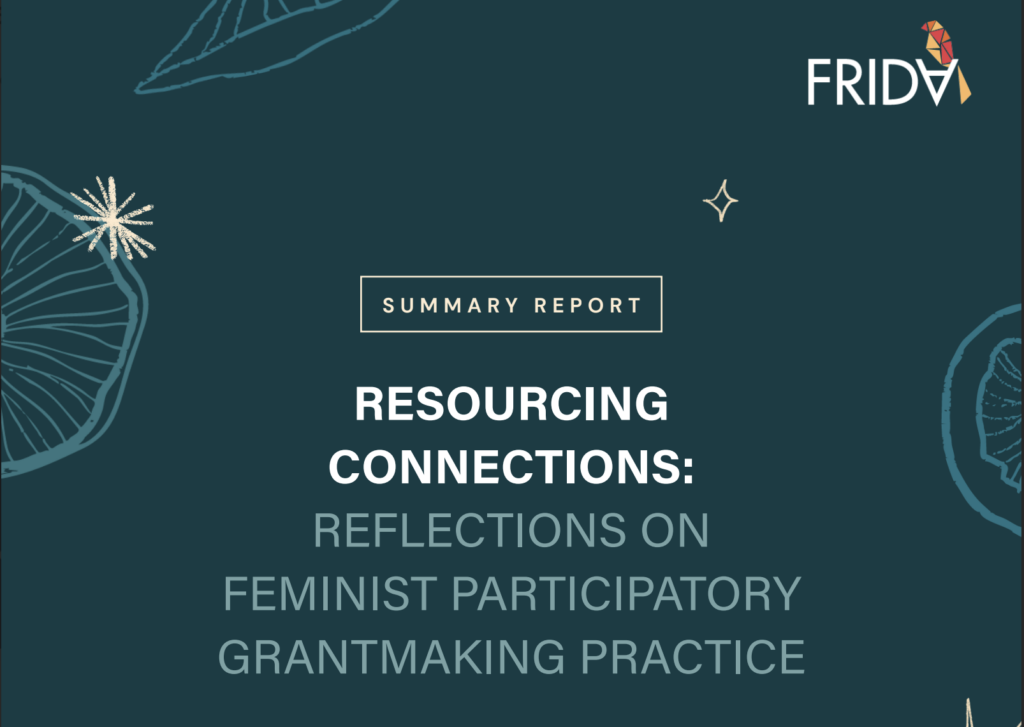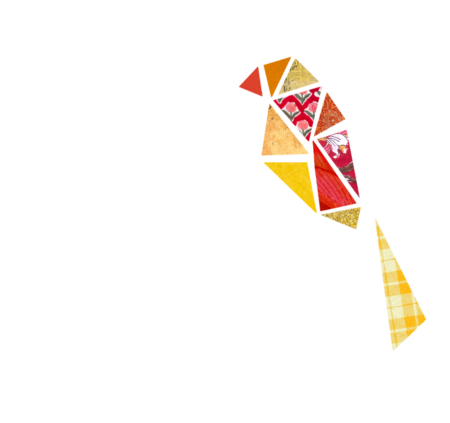
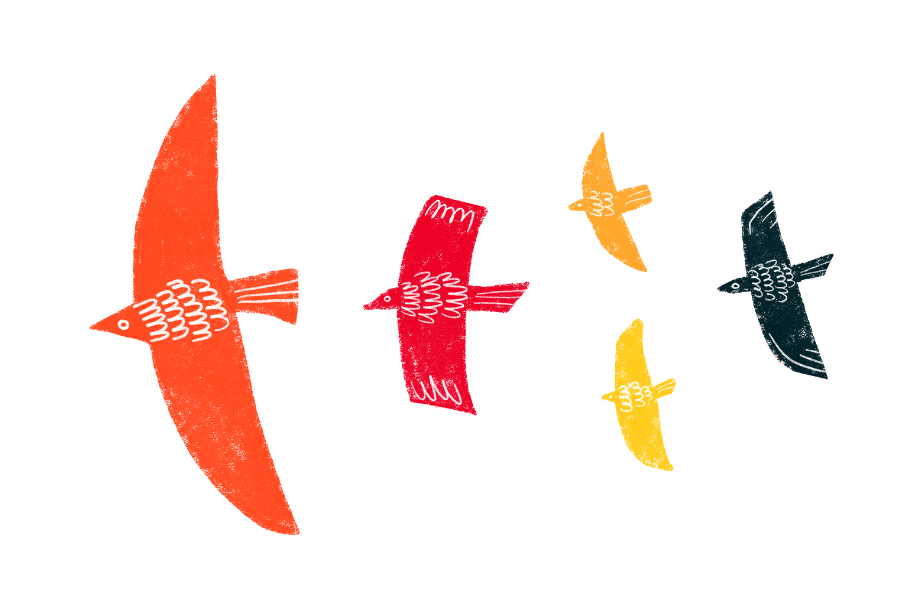
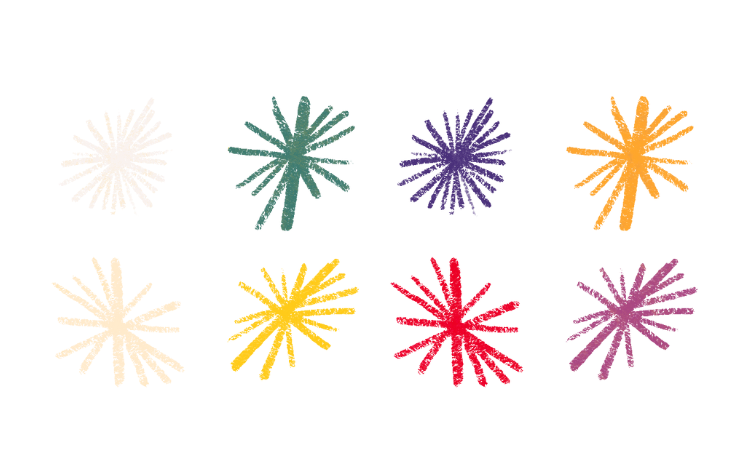
Participatory grantmaking
FRIDA emerged from the collective vision of feminist activists across generations and from around the world who understood the urgent need for a fund that centres its mission around the experience, expertise and needs of young feminist organizers. FRIDA exists today because of the power of feminist organizers to dream up possibilities and transform them into being through collective visioning and action.
From the beginning, we wanted our funding practices to nourish the sustainability and vibrancy of feminist movements. As we developed our grantmaking process, we looked for tools and practices that already lived within feminist movements. Community-informed and -led decision-making processes have always existed across intersectional social justice and community organizing, and they have been reshaped and refined by generations of organizers who are challenging power-over approaches and centering the vision of those impacted by decisions.
Feminist activists need funding mechanisms that are receptive to the diversity of feminist organizing and built with the purpose of resourcing movement connections. It was clear that this would require a different approach from traditional top-down philanthropy. Feminist movement therefore created their own funding mechanism that would support the connection, agency and autonomy of feminist organizing within the feminist movement ecosystem.
Feminist organizers need resources that are flexible enough to move with them, change direction when they need to and support all the diverse strategies that accompany their visions for transformative change. Financial resources also won’t be as effective in isolation from other non-financial means of support, so we must fund in ways that are bold, diverse, and creative, and that allow movement connections to be fortified in the process. As a self-led fund created by and for young feminist activists, FRIDA is attuned to young feminist organizers’ needs for funding that holistically supports their sustainability and well-being. In order to align our strategies with this commitment, we created a grantmaking model that would mirror the feminist values of solidarity, accountability, exchange and caring connections. We are committed to creating and continually adapting systems and practices that reflect these values.
Resourcing Connections Report: Reflections on Feminist Participatory Grantmaking Practice
Resourcing Connections, a three-year long documention process, attempts to capture all the pieces of FRIDA’s participatory grantmaking process and the vastness of young feminist knowledge and experience. It goes beyond a participatory funding toolkit , delving deep into self reflection about the politics, principles, and values that are built into this participatory grantmaking practice. As part of our accountability to the young feminist movements, we are sharing in more detail about the mechanism behind this model, its benefits as well as challenges and limitations.
The report is available in several forms including a full report, an evaluation report and a summary report.
Resourcing Connections: Reflections on Feminist Participatory Grantmaking Practive
Read the full Resourcing Connections Report here.
This report contains a deep dive into FRIDAs participatory grantmaking values and practice; FRIDAs participatory grantmaking model; a summary of an evaluation of FRIDAs grantmaking model and concludes with reflections and possible ways forward.
Young Feminist Community Evaluation of FRIDAs Participatory Grantmaking model
Read the evaluation of FRIDAs Participatory Grantmaking model here
This report contains the full evaluation of FRIDAs grantmaking practice and model conducted by young feminists activists who have participated in FRIDAs Call For Applications process at various levels including as FRIDA staff, FRIDA advisors and young feminists collectives who have applied for FRIDA funding.
Resourcing Connections Summary Report
Read a summary of the Resourcing Connections Report here
This is a summary of the Resourcing Connections report and contains summary versions of FRIDAs participatory grantmaking model; an evaluation of the model and reflections and possible ways forward.
The summary report is available in Arabic, Russian, Portuguese, Spanish, English and French
